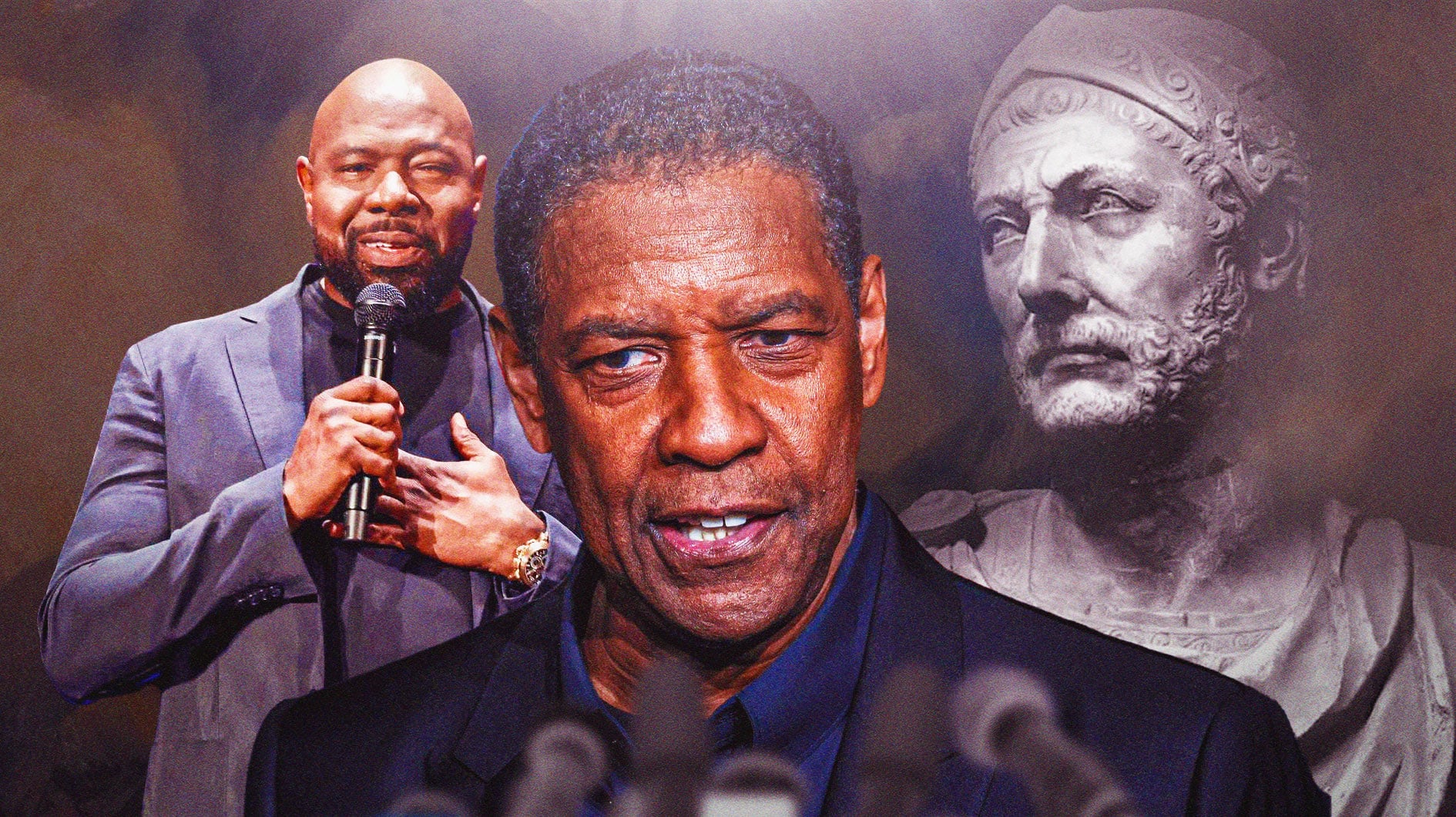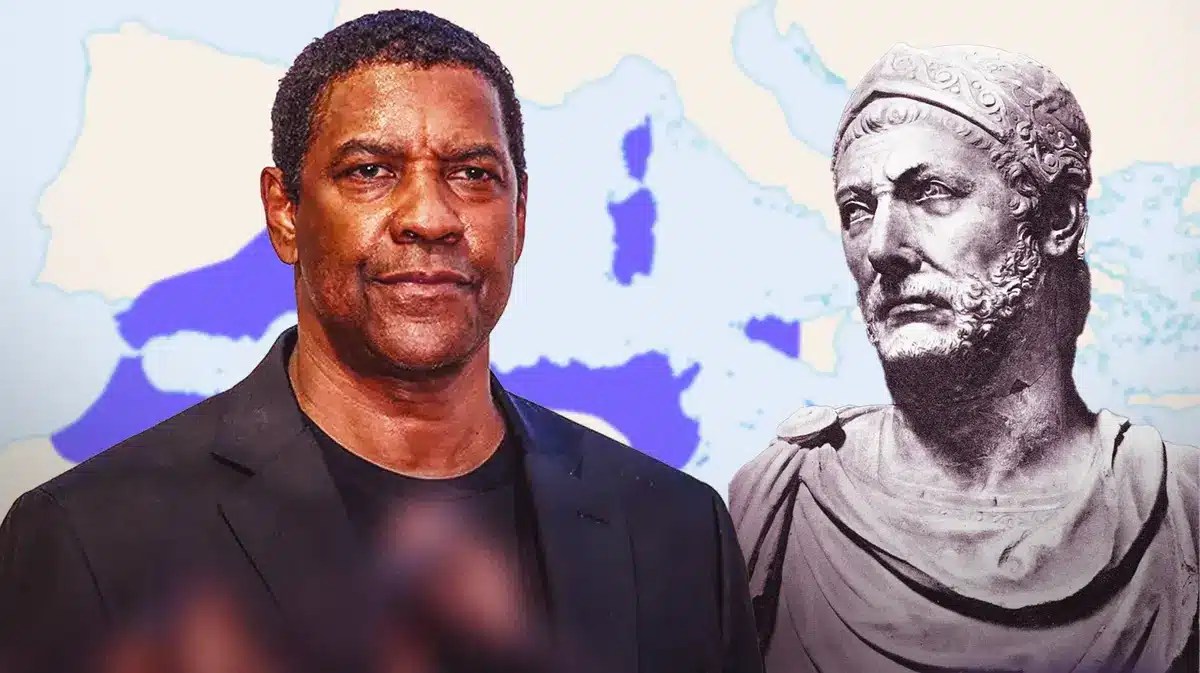Denzel Washington's casting as the Carthaginian general Hannibal in Antoine Fuqua's upcoming Netflix movie is causing quite a stir in Tunisia, home of one of history's greatest military commanders, Variety reported.
According to Courrier International, a French newspaper, complaints have been made in the media and the Tunisian parliament about portraying the Carthaginian general as a Black African man. Yassine Mami, a member of the Tunisian parliament, said that Hannibal was born in Carthage, present-day Tunis, the capital of Tunisia and was therefore West Asian Semitic.
Denzel Washington's Hannibal vs. Tunisia

Mami said, “There is a risk of falsifying history: we need to take a position on this subject.”
La Presse, the French-language Tunisian newspaper, published an editorial where it also objects to Hannibal's depiction as a Black African, and wrote, “according to Tunisians and many observers, a historical error.”
However, Hayet Ketat-Guermazi, the Tunisian culture minister, took a more pragmatic view on the casting.
“It's fiction. It's their right to what they want,” Le Monde quoted her as saying.
“Hannibal is a historical figure and we are all proud that he was Tunisian. But what can we do?” she added.
Ketat-Guermazi continued to say that she is trying to negotiate with the streaming platform to shoot at least a part of the movie in Hannibal's birthplace.
“I hope they decide to shoot at least a sequence of the film here and that that this is publicized. We want Tunisia to go back to being a location where foreign films are shot,” she said.
Netflix, Washington and Fuqua have not responded to requests for comments.
While some have compared this controversy to the one with Netflix's docudrama Queen Cleopatra, there is a big difference. As the Tunisian minister of culture said, this upcoming film is fiction. It does not portray itself as a documentary.
The movie's logline describes it as “based on real-life warrior Hannibal, who is widely regarded as one of the greatest military commanders in history. The film covers the pivotal battles he led against the Roman Republic during the Second Punic War.”
The still-untitled film about the Carthaginian general will be written by three-time Academy Award winner John Logan. His credits include Martin Scorsese’s The Aviator and Ridley Scott’s Gladiator. Speaking of Gladiator, Washington is also involved in Scott's sequel playing a rich former gladiator.
Hannibal and the War Elephants
Hannibal is considered to be one of the greatest military minds in antiquity, alongside Alexander the Great, his father Philip of Macedon, the Spartan king Leonidas, Cyrus the Great of Persia, Julius Caesar, Pyrrhus (for whom the phrase “Pyrrhic victory” was named) and Scipio Africanus, who defeated Hannibal.
The general's father led Carthage's army in the First Punic War. When Carthage was defeated, Hannibal pledged to his father that he would “never be a friend of Rome.” Then in 218 BC, he attacked Saguntum (present day Sagunto, Spain), a Roman ally, which sparked the Second Punic War.
Hannibal would become famous for invading Italy by crossing the Alpa, and with him were North African war elephants. He was victorious in the Battles of the Trebia, Lake Trasimene and Cannae. He became known for his ability to size up his own and his enemies' strengths and weaknesses, and planning battles accordingly. He and his army occupied the south of Italy for 15 years.
The Roman general Scipio Africanus launched a counter-invasion of North Africa which forced Hannibal to return to Carthage. Scipio Africanus defeated him at the Battle of Zama, present-day Siliana, Tunisia.
After the war, Hannibal became a politician, a sufet. His reforms that were meant to enable Carthage to pay war indemnity to the Romans became unpopular, and he ended up as an exile at the Seleucid court of Antiochus III the Great. He became his military advisor, but had to flee again when Antiochus was defeated. At Bithynia (present-day Turkey), he was betrayed to the Romans and committed suicide by poisoning.




















